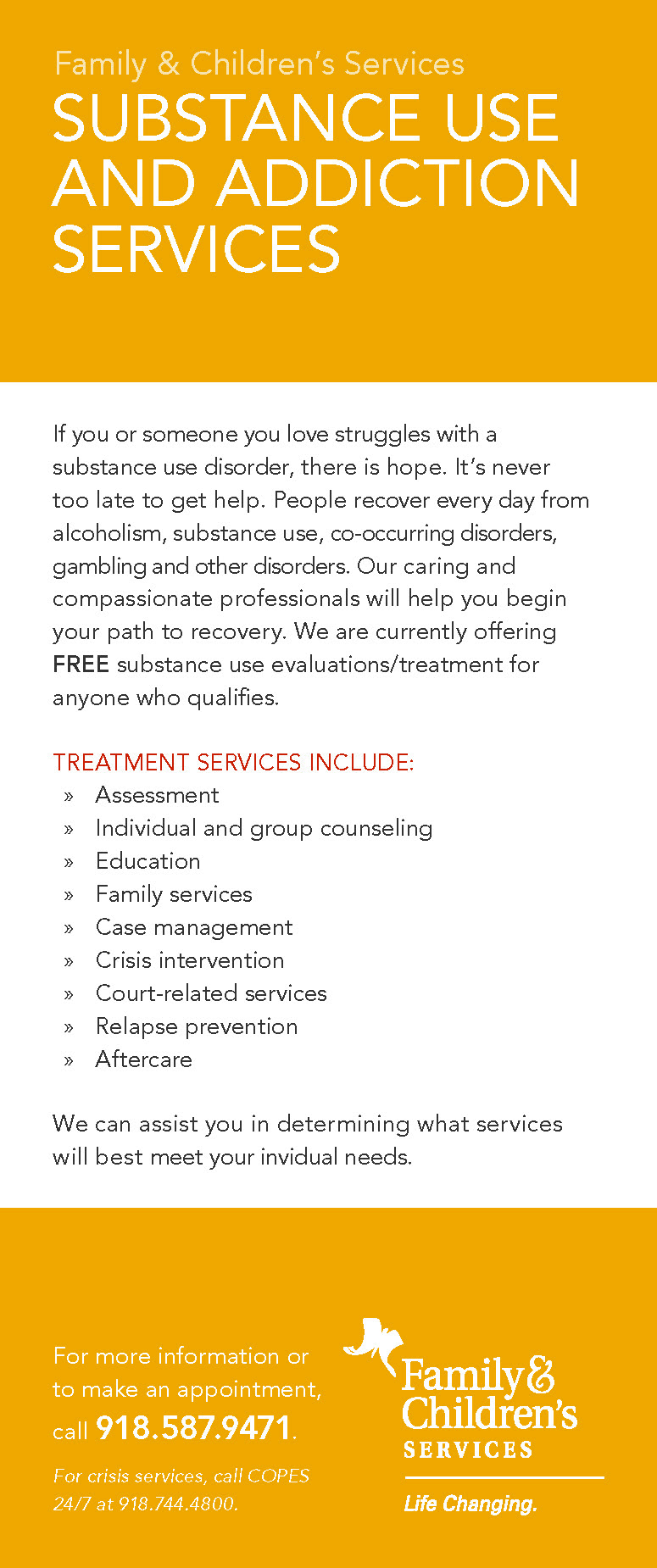What makes substance abuse treatment Morris County special for individuals
Wiki Article
Comprehensive Overview to Chemical Abuse Treatment: Understanding, Strategies, and Lasting Healing
Drug abuse describes the dangerous or unsafe use copyright materials, including alcohol and illegal medications. It is not simply an issue of self-discipline or bad decision-making-- it's a complicated problem influenced by biological, emotional, and social variables. People having problem with drug abuse frequently experience compulsive drug-seeking habits regardless of unfavorable consequences in their individual, expert, and social lives. With time, these compounds can alter mind feature, hinder judgment, and develop physical and psychological dependence. Recognizing the nature of Substance Abuse is the primary step towards resolving it successfully.The sources of Substance Abuse are diverse. Genes, mental wellness problems, environmental stress, injury, and direct exposure to compounds at an early age can all add to the growth of dependency. It is commonly interlinked with problems such as anxiety, anxiety, or trauma (PTSD) For lots of individuals, alcohol and drugs end up being coping mechanisms-- devices to get away emotional discomfort or tension. This momentary relief swiftly gives means to long-term repercussions, as tolerance develops and the person needs even more of the Substance to achieve the same impact. (substance abuse treatment Morris County)
Identifying the signs important Abuse beforehand can avoid the problem from escalating. Typical indication include changes in actions, disregard of obligations, withdrawal from loved ones, financial troubles, and physical symptoms such as weight management, tiredness, or inadequate hygiene. When left unattended, Substance Abuse can result in extreme health and wellness problems, harmed partnerships, and also sudden death. Very early treatment and accessibility to treatment are vital for individuals having a hard time with addiction.
The Value of Looking For Substance Abuse Treatment
Seeking expert treatment for Substance Abuse is among one of the most vital choices a person can produce their health and wellness and future - rehab near Chester NJ. Dependency is not something that can be gotten rid of by determination alone-- it needs structured treatment, guidance, and consistent assistance. Therapy programs are created to resolve both the physical dependancy and the underlying emotional or mental issues that drive habit forming actions. Without therapy, the cycle of relapse and self-destruction usually proceeds, placing the individual's life and well-being in jeopardyThe importance of specialist treatment hinges on its capacity to offer a controlled and safe setting for recuperation. During detoxification, doctor help patients handle withdrawal symptoms that can be excruciating and possibly dangerous. After counseling, therapy and detoxification sessions permit people to challenge the source of their addiction, create coping skills, and rebuild their feeling of self-worth. Treatment also assists re-establish healthy and balanced regimens, structure, and liability-- all of which are essential for long-term recovery.
Beyond the physical and emotional facets, drug abuse therapy plays a substantial role in bring back partnerships and social functioning. Addiction often causes broken count on, seclusion, and stressed family dynamics. Through family treatment and team sessions, people can reconstruct interaction and reconnect with liked ones. By entailing family members in the recovery procedure, treatment programs enhance the support network required for keeping soberness. Fundamentally, seeking treatment is not almost quitting medications or alcohol-- it's concerning recovering one's life and creating a foundation for a much healthier, much more meeting future.
Sorts Of Substance Abuse Treatment Programs
There is no one-size-fits-all strategy to dealing with dependency. Each person's trip is unique, and so are their therapy needs. Chemical abuse therapy programs can be classified into numerous types, ranging from inpatient recovery to outpatient therapy and all natural treatment. The option of therapy depends upon factors such as the seriousness of addiction, the presence of co-occurring mental wellness problems, and the individual's way of living and assistance system.Inpatient or Residential Therapy provides a highly organized setting where individuals stay in a treatment center for a specific duration, usually in between 30 and 90 days. This kind of program offers day-and-night medical supervision and extensive treatment sessions. It's suitable for individuals with serious dependencies or those who have relapsed several times. Inpatient care gets rid of the person from day-to-day triggers and temptations, allowing them to concentrate entirely on recuperation. Therapies may consist of cognitive-behavioral therapy (CBT), dialectical behavior modification (DBT), and group therapy, all targeted at assisting people understand and manage their dependency.
Outpatient Treatment Programs use more flexibility, permitting people to continue with their daily obligations while participating in arranged therapy sessions. This strategy is typically ideal for people with moderate to moderate dependencies or as a step-down stage after finishing inpatient rehabilitation. Outpatient programs highlight responsibility and long-term relapse avoidance techniques. They may include specific therapy, medication-assisted treatment (FLOOR COVERING), and support system such as Narcotics Anonymous (NA) or Twelve Step Programs (AA)
In addition to these, alternate and all natural therapies are coming to be significantly preferred. These programs resolve the mind, spirit, and body connection by integrating techniques such as yoga, reflection, art treatment, and dietary therapy. Several centers additionally use dual-diagnosis treatment for those taking care of both dependency and psychological health and wellness problems. This extensive approach makes certain that the individual obtains versatile treatment that promotes recovery on multiple levels.
The Benefits important Abuse Therapy
The advantages of going through chemical abuse therapy prolong far beyond abstaining from drugs or alcohol. Among one of the most instant advantages is improved physical wellness. Long-term webpage drug abuse takes a toll on the body, affecting crucial body organs such as the liver, brain, and heart. Via cleansing and healthcare, the body begins to repair itself, bring about better energy levels, boosted sleep, and a more powerful immune system. Nutrition and fitness programs within rehabilitation centers further boost physical recovery.
Mental and psychological health and wellness benefits are equally considerable. Dependency commonly covers up underlying mental issues that require to be dealt with. During therapy, clients get access to qualified therapists and therapists who aid them navigate sensations of regret, embarassment, or trauma. By establishing psychological recognition and strength, individuals discover healthier ways to manage stress and activates. Cognitive-behavioral treatment (CBT) and other evidence-based approaches encourage people to change unfavorable investigate this site idea patterns that add to relapse.

Evidence-Based Techniques in Modern Dependency Therapy
Today's Substance Abuse treatment methods are grounded in clinical study and professional technique. Evidence-based therapies make sure that people get treatments proven to be efficient. One of the most widely made use of methods is Cognitive-Behavioral Treatment (CBT), which aids patients transform and determine thought patterns that cause Substance use. By comprehending the connection between feelings, ideas, and behaviors, people can find out to deal with triggers in much healthier site link means - addiction treatment. CBT is often combined with various other treatments to resolve co-occurring disorders such as depression or anxiousnessAnother effective strategy is Medication-Assisted Therapy (MAT), especially for opioid and alcohol dependency. Floor covering utilizes FDA-approved medications such as naltrexone, methadone, or buprenorphine to decrease cravings and withdrawal symptoms. When combined with therapy and behavior modification, floor covering substantially improves treatment retention and reduces relapse prices. It allows clients to stabilize their lives while concentrating on psychological healing and restoring partnerships.
Team and household therapy are also indispensable parts of evidence-based therapy. Team sessions create a space for individuals to share their stories and get insights from others in healing. Family therapy, on the various other hand, addresses the relational damages triggered by dependency. It assists loved ones recognize the nature of the illness and outfits them with tools to provide assistance while establishing healthy limits. These collective healing approaches enhance the recovery procedure and advertise long-term recovery.
Constructing a Life After Treatment: Maintaining Long-Term Recovery
Healing does not finish after finishing a therapy program-- it's a lifelong trip that requires dedication, discipline, and ongoing support. Transitioning back to daily life can be tough, as people are confronted with triggers, stress factors, and responsibilities that can evaluate their sobriety. This is where aftercare programs play a vital function. Aftercare may consist of ongoing treatment, peer assistance teams, sober living plans, and regression avoidance preparation. The goal is to aid people keep the progression they've made and avoid sliding back into old patterns.Establishing a brand-new way of living centered on wellness and purpose is essential for long-term success. Lots of people find gratification by going after leisure activities, fitness routines, education and learning, or volunteer work. Developing an organized everyday routine helps prevent boredom-- an usual trigger for relapse. Reconnecting with household, fixing relationships, and bordering oneself with positive influences better reinforces a healthy way of living. It's likewise essential to acknowledge that obstacles can occur, but they don't specify the individual's journey. What matters most is the readiness to seek aid and proceed progressing.
Ultimately, continual healing is regarding change-- literally, psychologically, and mentally. It entails redefining one's identity and finding definition past dependency. Individuals who commit to long-term recovery frequently come to be supporters, mentors, or assistance figures for others battling with Substance Abuse. Their stories of strength offer as powerful suggestions that recovery is possible. With the right treatment, support, and frame of mind, anyone can conquer dependency and develop a satisfying, substance-free life.
Final thought: A Course Toward Recovery and Hope

Seeking specialist therapy for Substance Abuse is one of the most critical decisions an individual can make for their health and future. Past the emotional and physical facets, Substance Abuse treatment plays a significant function in recovering connections and social performance. Substance Abuse treatment programs can be classified into several types, ranging from inpatient rehab to outpatient counseling and all natural care. Inpatient or Residential Treatment offers a highly structured atmosphere where individuals live in a therapy facility for a particular duration, normally in between 30 and 90 days. The benefits of undergoing Substance Abuse treatment extend far past staying away from medicines or alcohol.
Report this wiki page